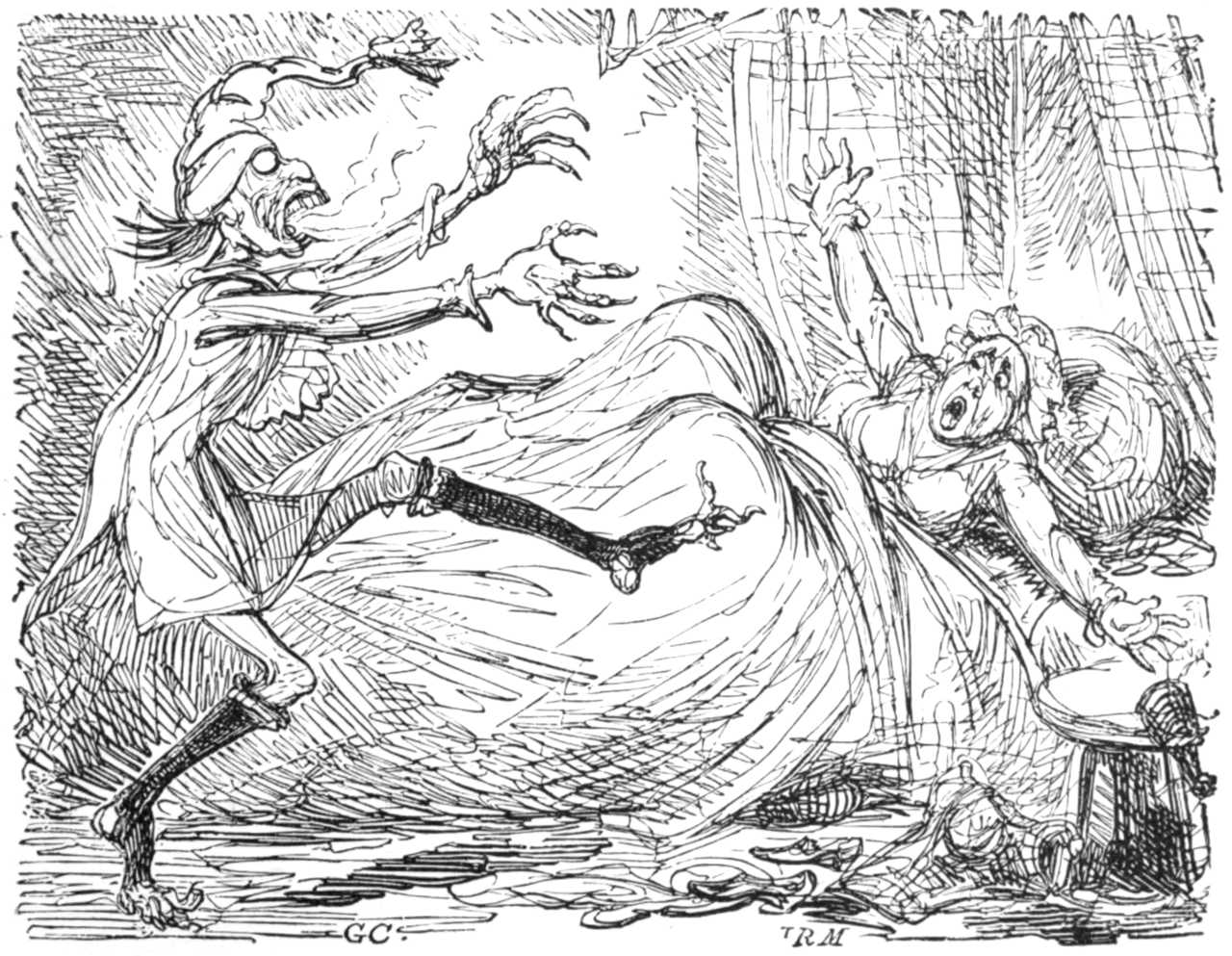
Mr. Zimmermann, whose will was proved in 1840, accompanied the directions for his funeral, in case they were not carried out, with something like a threat. In his will he says, ‘No person is to attend my corpse to the grave, nor is any funeral bell to be rung, and my desire is to be buried plainly, but in a decent manner; and, if this be not done, I will come again — that is to say, if I can.’ The Countess Dowager of Sandwich, in her will, written by herself at the age of eighty, proved in November, 1862, expresses her ‘wish to be buried decently and quietly — no undertaker’s frauds or cheating; no scarfs, hatbands, or nonsense.’ Mrs. Kitty Jenkyn Packe Reading, although evidently possessed of sufficient means, appears by her will, proved in April, 1870, to have been very anxious that one part, at least, of the expenses attending her funeral should be kept as low as possible. After saying she is to be placed first in a leaden and then in a wooden coffin, she provides that ‘If I die away from Branksome, I wish my remains, after being duly placed in the proper coffins, to be inclosed in a plain deal box, so that no one may know the contents, and conveyed by a goods train to Poole, which will cost no more than any other package of the same weight; from Poole station said box to be conveyed in a cart to Branksome Tower.’ … Mrs. Reading seems to have considered the details of her funeral with much minuteness; among other things she states ‘the easiest way to convey my coffin out of the house will be to take the window out of the dining-room.’
— Charles Bullock, Many Things, 1878
